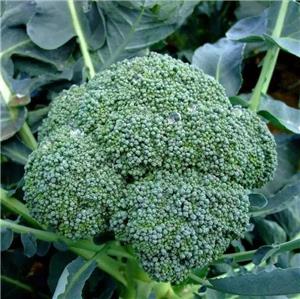Cholera
Cholera is an acute diarrhoeal infection caused by eating or drinking food or water that is contaminated with the bacterium Vibrio cholerae. Cholera remains a global threat to public health and is an indicator of inequity and lack of social development. Researchers have estimated that every year, there are 1.3 to 4.0 million cases of cholera, and 21 000 to 143 000 deaths worldwide due to the infection.
Cholera is an extremely serious disease that can cause severe acute watery diarrhoea with severe dehydration. It takes between 12 hours and 5 days for a person to show symptoms after consuming contaminated food or water. Cholera affects both children and adults and can kill within hours if untreated.
Most people infected with Vibrio cholerae do not develop any symptoms, although the bacteria are present in their faeces for 1-10 days after infection. This means the bacteria are shed back into the environment, potentially infecting other people.
Cholera is often predictable and preventable. It can ultimately be eliminated where access to clean water and sanitation facilities, as well as good hygiene practices, are ensured and sustained for the whole population.
Measures for the prevention of cholera mostly consist of providing clean water and proper sanitation to populations who do not yet have access to basic services, as well as vaccination with Oral Cholera Vaccines. Health education and good food hygiene are also essential.
Communities should be reminded of basic hygienic behaviours. These include the need to always wash hands with soap after defecation and before handling food or eating, as well as safe preparation and conservation of food. Strengthening surveillance and early warning systems are important measures to allow detection of the first cases in an outbreak and to put in place control measures as quickly as possible.
Preventing and controlling cholera requires interventions beyond the health sector and it is vital to engage with partners across other sectors. The development and implementation of multi-sectoral cholera control plans is a useful mechanism to bring together all relevant sectors, and forge lines of communication and coordination that are valuable beyond cholera control.
Since the creation of the global stockpile in 2013, more than 50 million doses of Oral cholera vaccines (OCV) have been successfully used in various settings through mass campaigns. OCV is a tool that is used in addition to classic cholera control measures. It should be systematically considered in both endemic cholera hotspots as well as during outbreaks and emergencies.
OCV are safe and effective and are just one tool in a much larger toolbox that includes sustainable safe water, sanitation, and hygiene (WASH), but serve as a critical bridge to these longer-term efforts.




